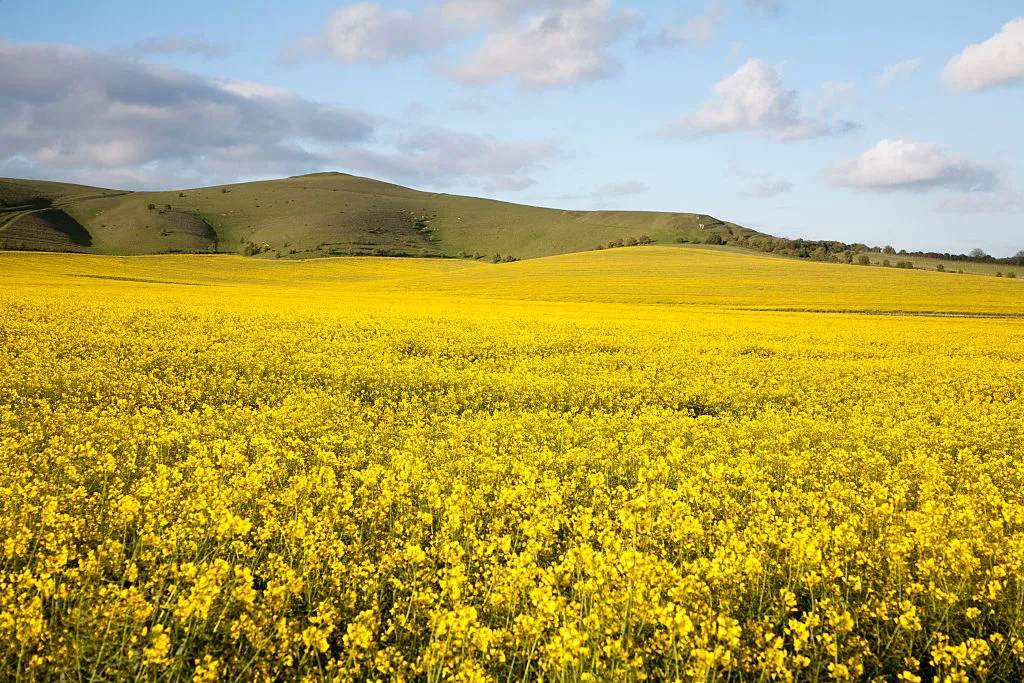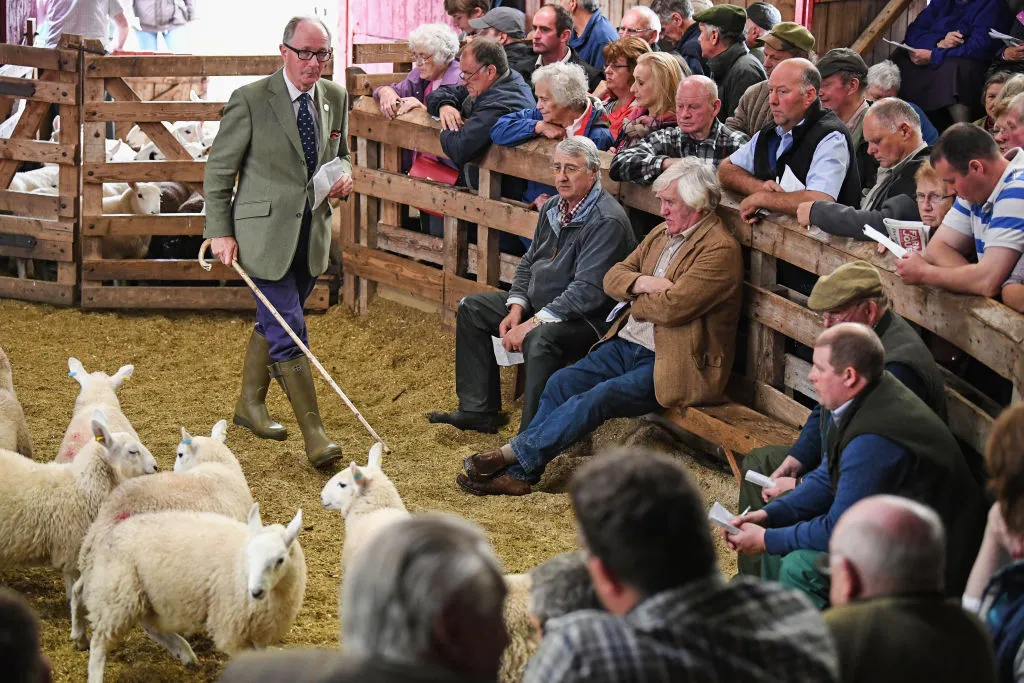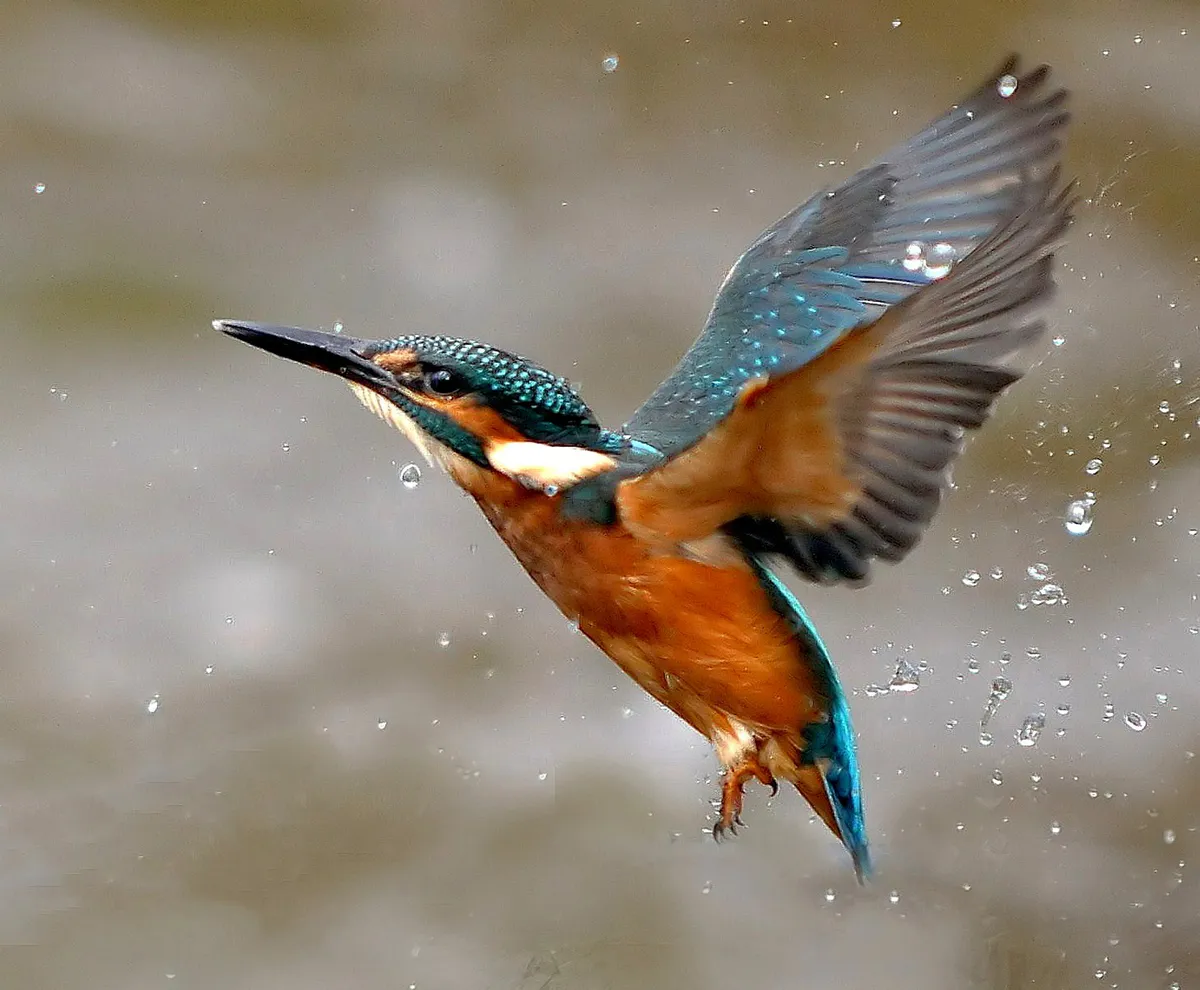I’m not from a farming family but I’ve always preferred to be outside rather than inside. I was brought up in Dorset – lots of rolling hills and blustery weather. I enjoy a good horizon, a long view. But, my connection with the people in the countryside is just as important as the view and it’s from them that I’m always learning.
This is my 21st year presenting Radio 4's Farming Today, and it has allowed me exceptional access to the countryside in the UK and also Europe, South Africa, even the Falkland Islands. There have been several highlights – winning a Gold Sony Award for an On Your Farm with a flooded dairy farming family near Wrexham. (I was told I won because I listened rather than talked). Also, covering the most emotionally charged events during Foot and Mouth disease in 2001.
If you drove through the countryside 20 years ago and today, I suspect most people would say there wasn’t much difference. But I’m a bit nosy, so I see wider field boundaries, special wildlife habitats, bigger machinery, new houses, more bright yellow oil-seed rape fields and those rather odd bio-fuel crops such as elephant grass and willow.

I like the secret spots I have been so privileged to be taken to by farmers; places that the public just don’t see. One farmer showed me a really magical pond. It was so very quiet and the water was absolutely clear. You could just imagine fairies might be there, flitting through the dappled sunlight along with the dragonflies.
I’m not sure that there is an urban/rural divide. My job has been to bridge the gap of understanding; the most important part of our programme. We have to communicate the rural to the urban. We ALL eat food, and everyone should be given as much information as possible about how that food is produced – warts and all. Our job is to hold the farming industry to account so it can face the public with a clear conscience and show that UK food is produced to the highest standard.
The public have been told to think that farmers and conservationists have a real love/hate relationship. It’s more complex than that. Farmers love their own patch and often love the wildlife in it, and many are keen to protect it. But they don’t like being told what they should and shouldn’t do. Conservationists can get on very well with farmers and share their experiences. Both sides often understand the other’s point of view, but sometimes business interests and conservation can clash and there have been some monumental and long-standing arguments, perpetuated by both sides.

The word ‘Brexit’ has become the centre of our programme since the EU referendum. It’ll be fascinating to see how the industry changes in the next few years, what opportunities and hurdles arise and how farming and rural communities rearrange their businesses around the changes. It’ll affect conservation too, so we will be keeping a close eye out for that.
I have quite a few countryside heroes. What I enjoy is their passion and bravery: the pig farmer who had his award-winning herd wiped out by disease but didn’t try to conceal it; the flower meadow expert who’s spent his life recreating ancient meadows and teaches others to do the same. I also see the unsung heroes – usually heroines – the women who are indispensable experts who often run the family business and give heart and soul to many farming enterprises.

I have just started kayaking with my daughter. It is wonderful – getting out there and experiencing a completely different perspective on the countryside. I was so excited when I saw my first kingfisher close up, I screamed and scared it away!
I studied Henry Thoreau at university and still read his poetry today. My favourite naturalist writer is WH Hudson. More recently, Harvest by Jim Crace was superb – about the ancient connection between people and the land. I loved reading his Patagonia-based books while travelling through South America, recording programmes for Farming Today. On that journey our guide was a gaucho who also introduced me to some of the best real South American country music – preferably played round a campfire.
As for scones – all I can say is they are fast food – one bite and they’re scone.

